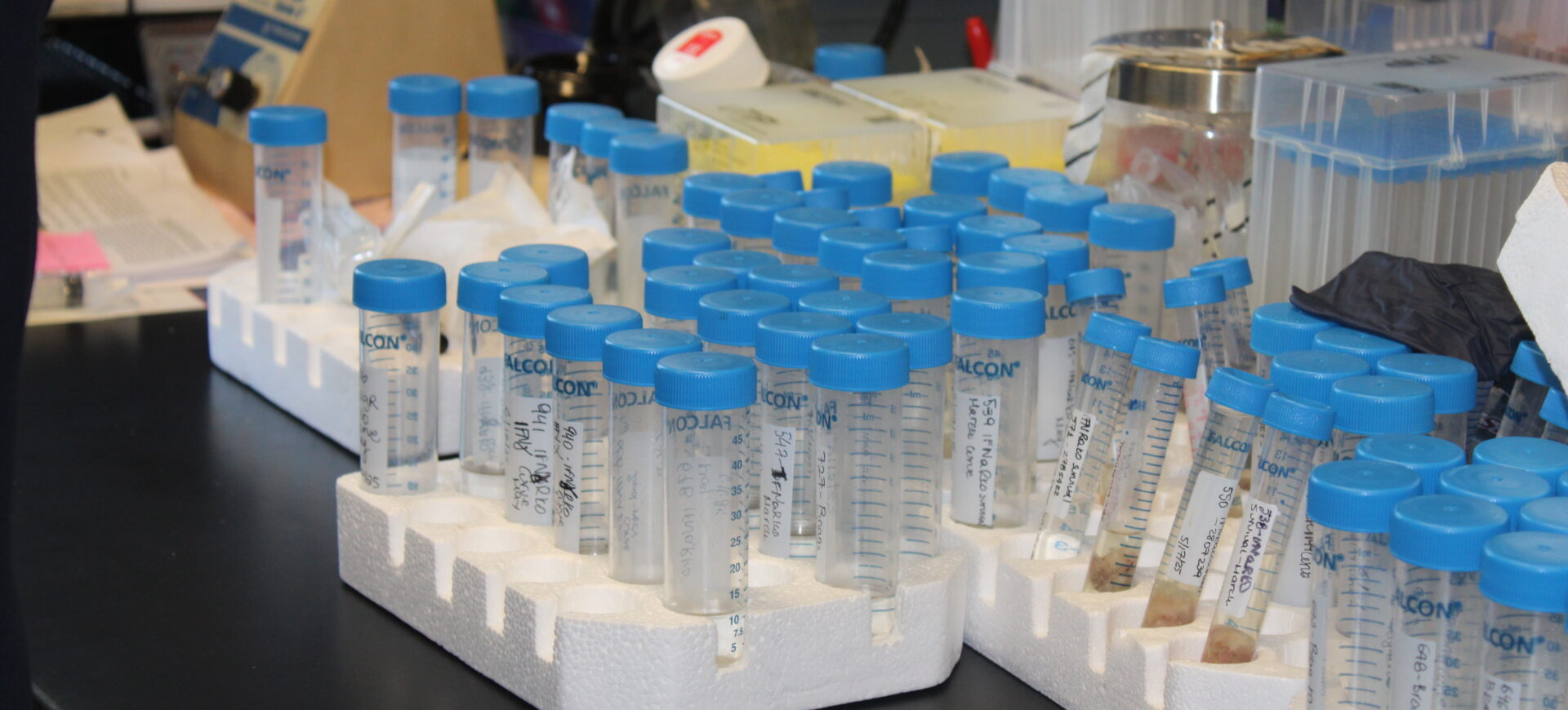
 This grant proposal, led by Dr. Bin Zhang, is about finding better ways to treat pancreatic cancer. Most treatments, like chemotherapy, only help patients live a little longer (about 11 months on average), and new immune therapies that work for other cancers haven’t been successful for pancreatic cancer. Dr. Zhang’s team wants to change that by studying a combination of treatments to make them work better.
This grant proposal, led by Dr. Bin Zhang, is about finding better ways to treat pancreatic cancer. Most treatments, like chemotherapy, only help patients live a little longer (about 11 months on average), and new immune therapies that work for other cancers haven’t been successful for pancreatic cancer. Dr. Zhang’s team wants to change that by studying a combination of treatments to make them work better.
They’re focusing on a treatment called pelareorep (REO), which is a virus that attacks cancer cells with a specific mutation (called KRAS) and helps the immune system fight the cancer. When combined with drugs called checkpoint inhibitors (like anti-PD-1), REO shows some promise, but the cancer often becomes resistant. The team thinks this resistance happens because of a protein called osteopontin (OPN) and a pathway in the body called MAPK/ERK. Here’s what they plan to do:
The team hopes their work will lead to better treatments for pancreatic cancer and other cancers with KRAS mutations, like colon cancer. They also want to find signs (biomarkers) to predict who will benefit from this treatment. They’ll use high-tech tools to study tumors and immune cells in detail, and their findings could lead to new clinical trials to help patients live longer.
To learn more about past Researchers we’ve funded and their research findings, please check out Our Stewardship Report.